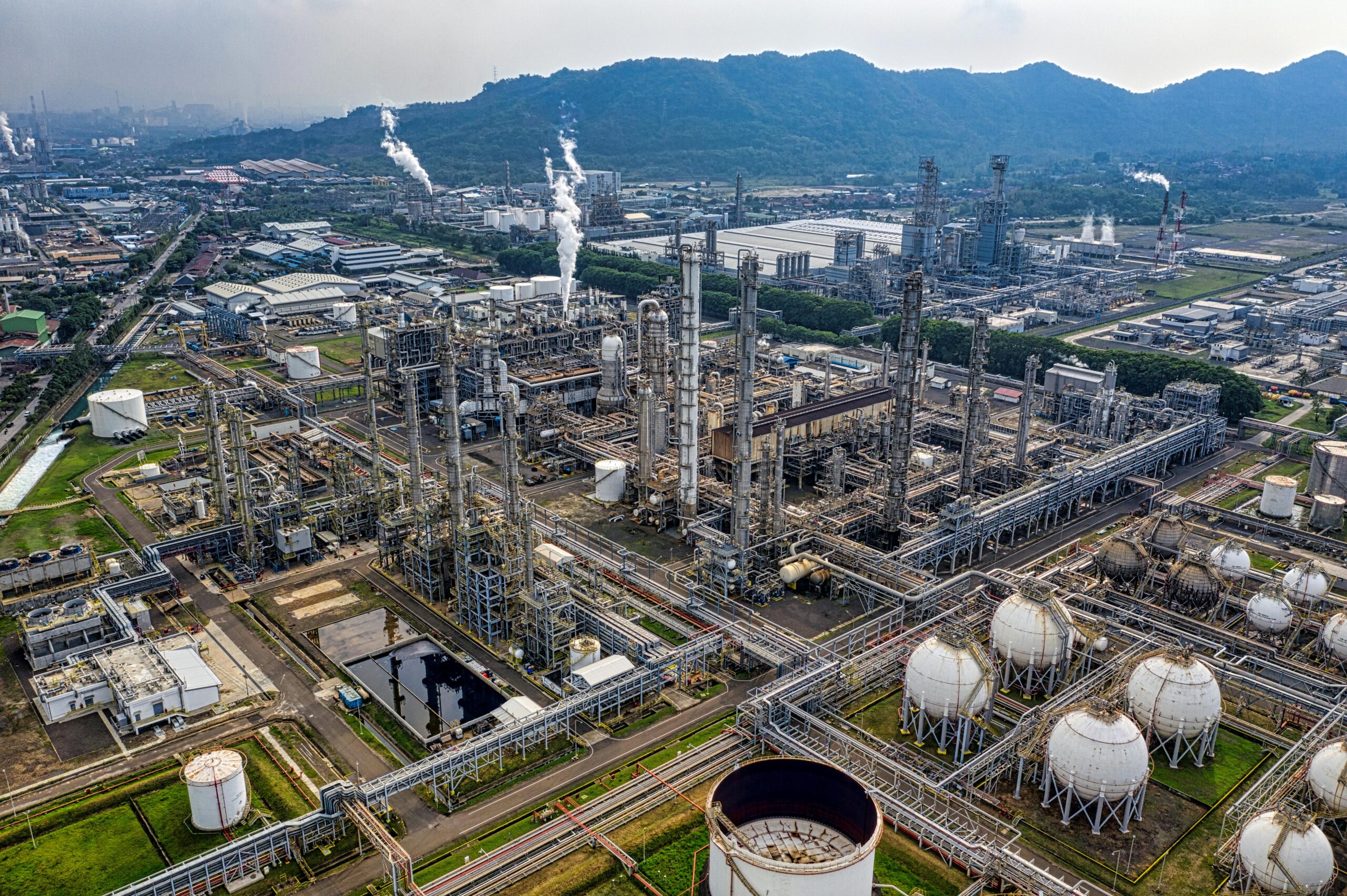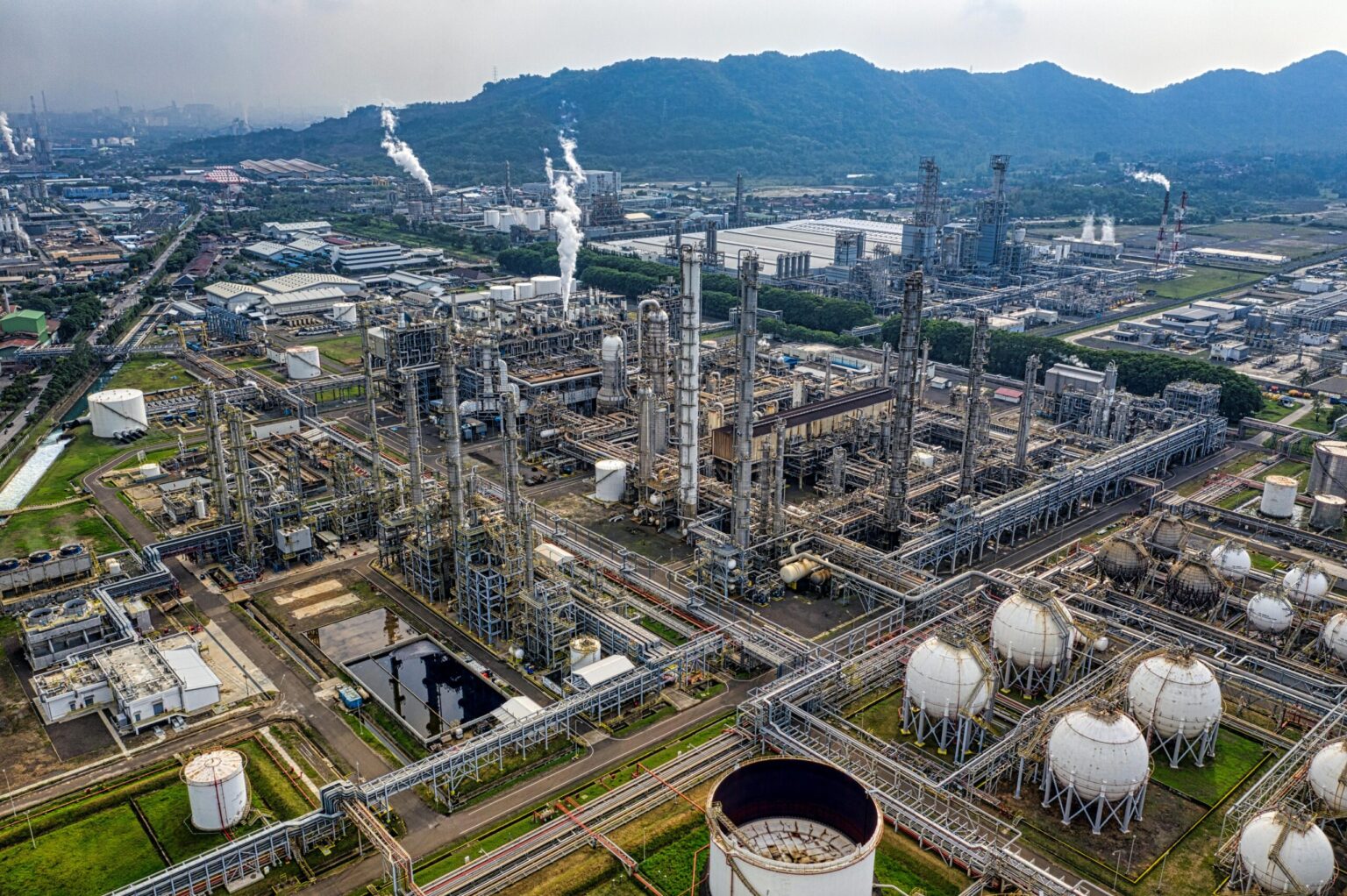
The European Commission has approved Spain’s €400 million ($455 million) aid scheme to support renewable hydrogen production. The initiative aims to build up to 345 MW of electrolyzer capacity, producing 221,000 tonnes of renewable hydrogen and potentially avoiding up to one million tonnes of CO₂ emissions.
It supports Spain’s goal of reaching 12 GW of electrolyzer capacity by 2030 and meeting EU renewable energy targets in transport and industry.Spain’s support package is part of the “auction as a service” initiative under the second round of the European Hydrogen Bank, an EU Innovation Fund platform aimed at accelerating the renewable hydrogen industry across the EU and partner nations.
This mechanism enables member states to select and fund projects that took part in the EU auction but did not receive EU funding, using national budgets without conducting separate auctions.On March 10, the European Commission also approved similar national funding packages: €400 million from Austria and €36 million from Lithuania under the same mechanism.
The second Hydrogen Bank auction attracted proposals totaling around 6.3 GW—more than four times the available capacity—seeking over €4.8 billion ($5.23 billion) in funding. The EU allocated €1.2 billion for this round, excluding additional contributions from member states like Spain, Austria, and Lithuania.The European Commission stated that these projects will produce over 7.3 million tonnes of renewable hydrogen over ten years, covering 7% of the EU’s 2030 REPowerEU goal.
European Climate Commissioner Wopke Hoekstra emphasized the success of the European Hydrogen Bank auction in supporting Europe’s industrial decarbonization and competitiveness. He noted hydrogen’s crucial role in achieving climate neutrality by 2050 and strengthening Europe’s industrial leadership in clean technologies.Successful bidders will receive a fixed premium per kilogram of renewable hydrogen produced for up to 10 years, covering the production cost gap.
The European Climate, Infrastructure, and Environment Executive Agency (CINEA) is evaluating bids based on qualification criteria, with results expected in May 2025. Grant agreements will be signed by November 2025. Selected projects must reach financial close within 2.5 years and begin production within five years of signing the agreement.





